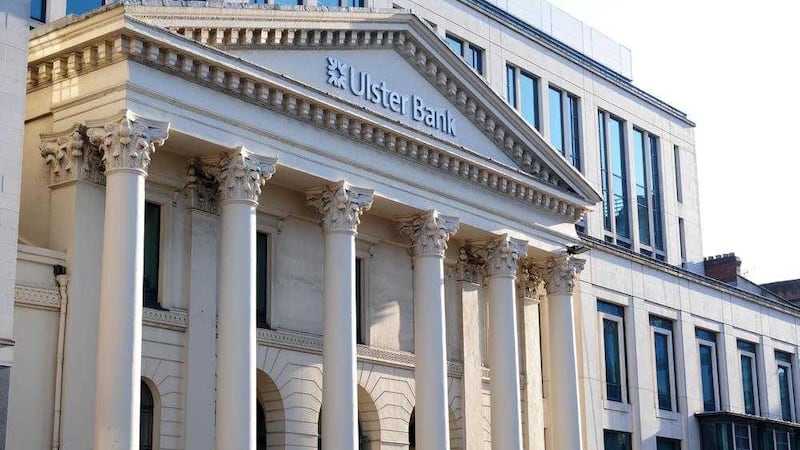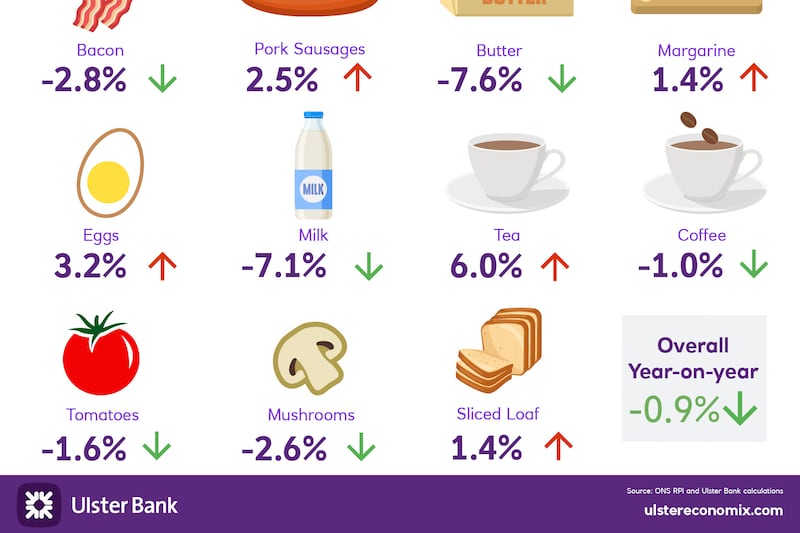THE wife of a Co Tyrone builder who racked up more than a million pound of debts during the property slump has won a landmark court case against the Ulster Bank, which had been pursuing her for part of the money.
She effectively claimed that she "didn't know what she was signing" - even though she was listed as a business partner in Glenone Properties, but had no part in its day-to-day operation.
And the outcome of the case in Belfast's High Court is seen as significant because it will could it more challenging for banks to sue spouses for the debts of a business when that spouse is a silent partners with no active involvement in the business.
Geraldine O'Neill entered into a business partnership with her self-employed builder husband Gerard and their sons Patrick and Garrett in April 2005.
She said at the time that she didn't want to be a business partner, but was told by her husband that she was preventing progress and that the decision to form a partnership was for the benefit of the family.
Mrs O'Neill had no formal dealings with the business and never received a wage from it.
She argued that it was her husband who negotiated and concluded loans for Glenone. She was rarely informed what she was signing, and when her husband brought documents home which required a signature, he would point out where she needed to sign and she would do so without knowing the contents.
The case stems from what started as a £15,000 overdraft in 2004 but which grew to £1.3 million through borrowings and interest.
Ulster Bank issued a ‘statutory demand’ for full re-payment of the business loans to Ms O’Neill and she applied to the court to have the demand set aside on the grounds that her husband had exerted "undue influence" on her and that the bank had failed to take reasonable steps to alert her to the risks she was being exposed to.
While her application to set aside the demand was initially dismissed, Ms O’Neill’s application was granted by the Chancery Court Judge and the Ulster Bank then appealed against that decision.
During the case it emerged that Glenone Properties’ debts grew from £107,310 in 2006 to £1,259,700 in 2007. Ms O’Neill argued that she was not consulted on any decision to extend borrowings, did not consent to the placing of a charge on her family home and did not receive any independent legal advice.
The Court of Appeal has now upheld an earlier counrt's decision to set aside the statutory demand from the bank that Ms O’Neill repay the full £1.3million.
Maura McKay at Belfast legal firm Shean Dickson Merrick, said: “This case is significant because it makes it clear that banks may not succeed in demands for the repayment of debts by a spouse if that spouse has been unduly lent on or hasn’t received proper independent legal advice during the lending process.
“Normally business partners are automatically jointly liable for the debts of the partnership, but the result of this case means that even if you have signed documentation for loans that your husband or wife’s business has taken out, in which you are a nominal partner, you may have legal recourse against a statutory demand for payment issued by a bank if the correct procedures have not been followed."
Asked to response to the judgment, an Ulster Bank spokesman said it would be "inappropriate to comment on an individual client".







